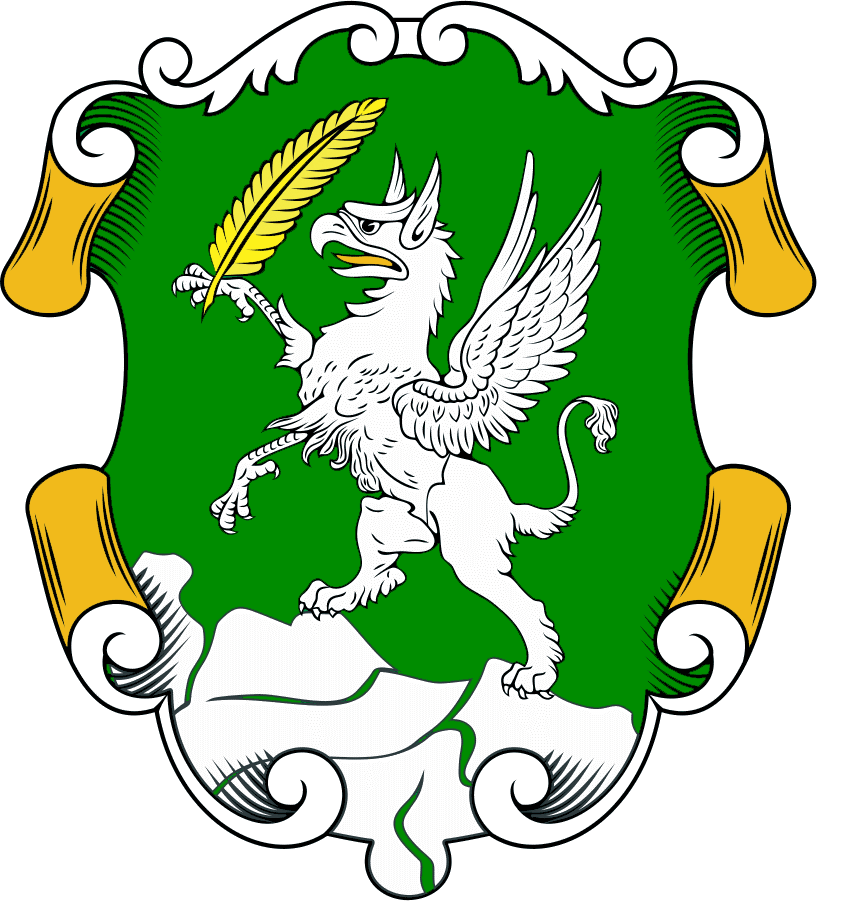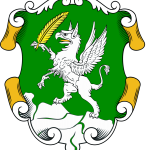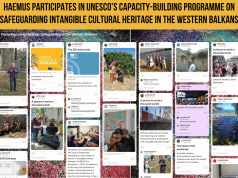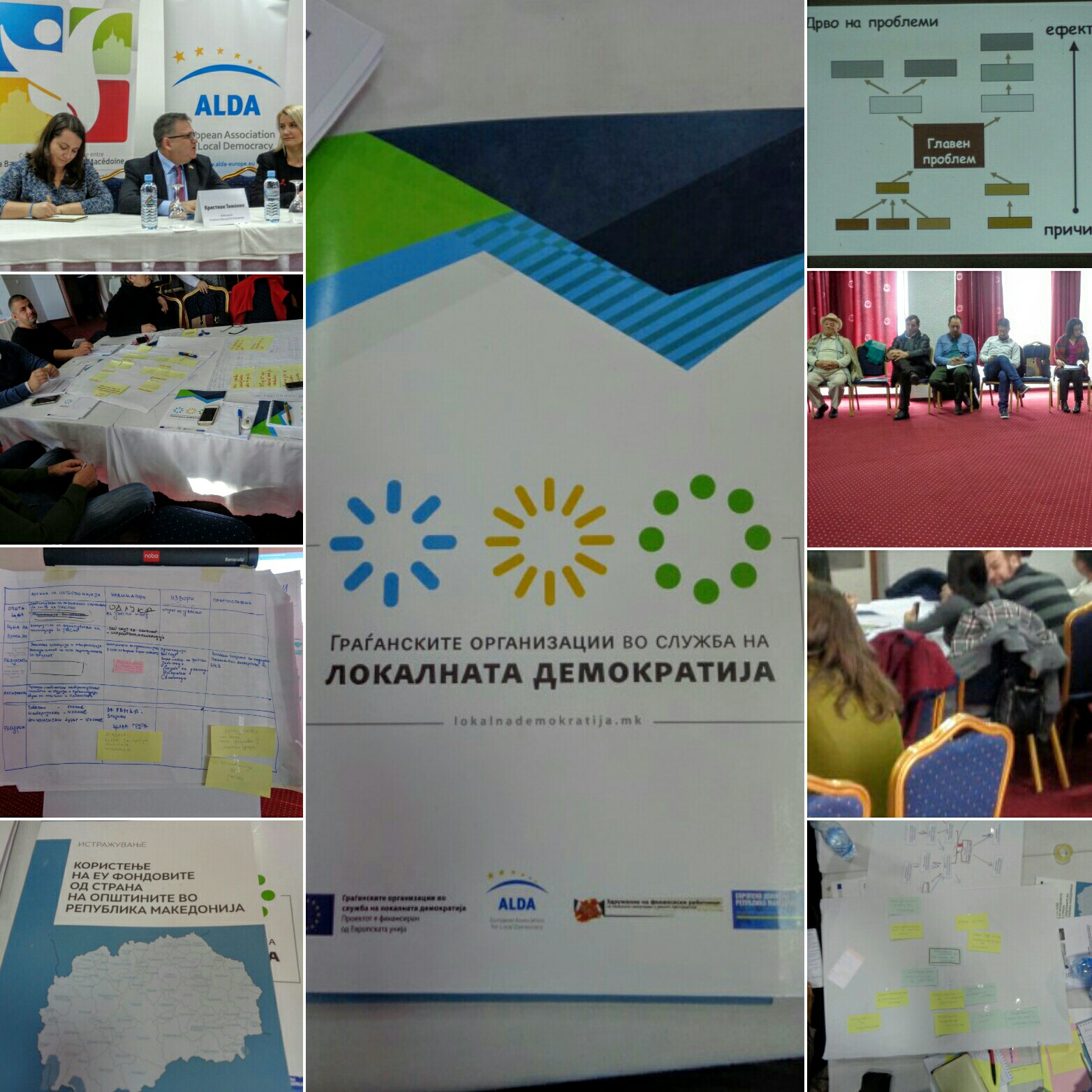
In the recent period, part of the HAEMUS team attended the training program for “Project Cycle Management and EU Funds” held in Struga on November 27th-28th 2017. Representatives of various civil society organizations and local self-governments took part in this event, and it was conducted within a larger project titled “Civic organizations in the service of local democracy”, financed by the European Union through the IPA program for civic organizations and media 2015, and implemented by ALDA Skopje, The Association of finance workers from Veles and the European Movement of the Republic of Macedonia. This training was additionally supported by the Decentralized Co-operation between Normandy and Macedonia, and consequently it was opened with a speech by His Excellency Mr. Christian Timonier, the Ambassador of France to Macedonia.

Within 2 days of full agenda and on various topics, the trainers Fisnik Shabani and Zoran Ilieski pointed to schemes on how to successfully write a project applications for some of the EU funds, and for that purpose they presented a range of tools, with a logical framework as their background. The main objective of this training was a familiarization with terms as project management and project cycle, as well as acquaintance with EU funds intended for civic organizations and local authorities, in order to improve the qualities of the projects for local development. Some of the topics covered were as follows: project cycle and project management, the process of project preparation and implementation (identification, formulation, implementation and evaluation), search tools for available funds, introduction to EU funds (IPA and EU programs). All of the participants who were continuously present at the lectures, received a Certificate for visiting this type of training.
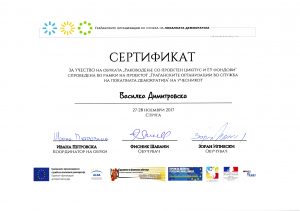
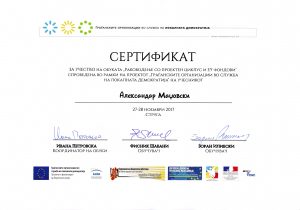
According to certain statistics, the utilization of the available EU funds by the Macedonian organizations and institutions is very low.

